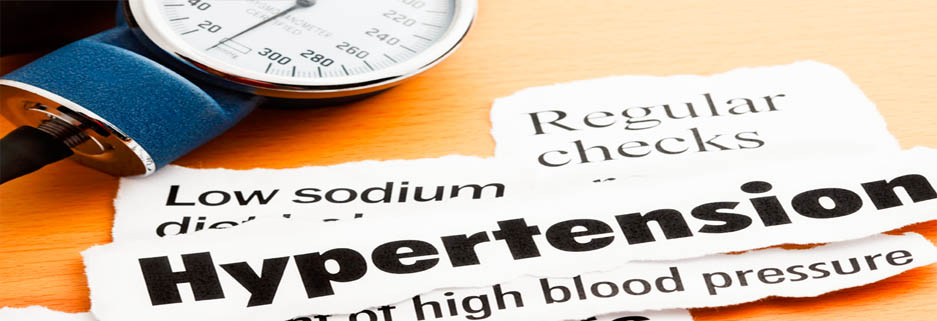|
High blood pressure , also called "hypertension," is a serious medical condition. It happens when the force of the blood pumping through your arteries is too strong.
When your heart beats, it pushes blood through your arteries to the rest of your body. When the blood pushes harder against the walls of your arteries, your blood pressure goes up. Your blood pressure may be different at different times of the day. It is usually higher when you first wake up, after you exercise, or when you are under stress.Having higher blood pressure for short amounts of time is normal. However, when your blood pressure stays high for most of the time, it can cause serious health problems.
How common is high blood pressure?
- High blood pressure is a common, chronic (ongoing) health condition.
- High blood pressure affects adults of all ages, but especially those over age 65.
Lowering your blood pressure decreases your chance of heart attack, heart failure, stroke, and other health problems. About 7 million people die each year in the United States from illnesses caused by high blood pressure.
What problems can high blood pressure cause?
- Having high blood pressure for a long time can hurt your heart and lead to heart failure.
- Untreated high blood pressure can lead to heart attack, stroke, kidney failure, or other serious health problems.
The greatest dangers of high blood pressure are not being aware of it and not treating it. By knowing if you have high blood pressure and seeking treatment, you can reduce your risk of having some of the problems caused by high blood pressure.
The most important element in the management of high blood pressure is follow-up care.
- Check with your Doctor periodically to make sure that your blood pressure is in the recommended range. If it is not, your treatment should be adjusted. In fact, patients with high blood pressure should see their Doctor at least once per year and more frequently during medication adjustment phases.
- If you have diabetes or have had a prior heart attack or stroke, your blood pressure control will need to be more stringent to prevent recurrent events. Check with your doctor as to what blood pressure readings you should be aiming for on a consistent basis.
- With aging and progression of the process of hardening of the arteries, your systolic blood pressure may creep up with time. A treatment that once worked well may no longer work. Your drug dosage may need to be changed or you may be prescribed a new medication.
- Losing weight if you are overweight or obese.
- Quitting smoking
In addition to lowering blood pressure, these measures enhance the effectiveness of high blood pressure drugs.
|




